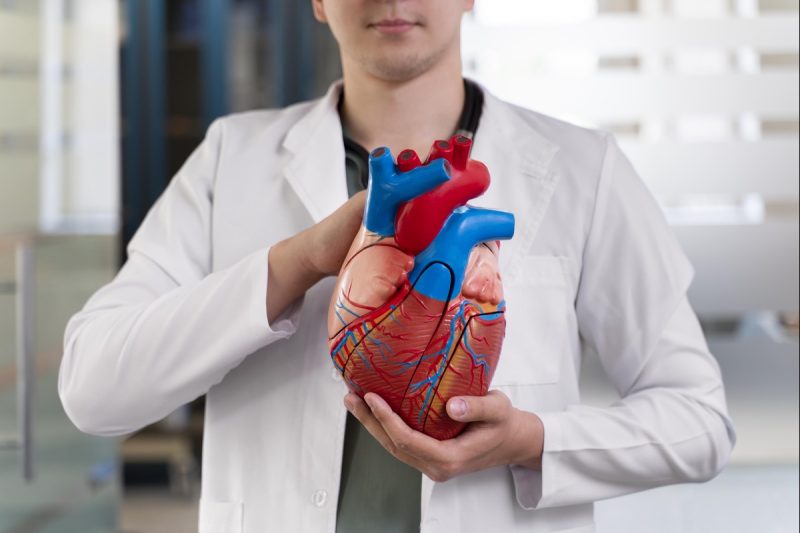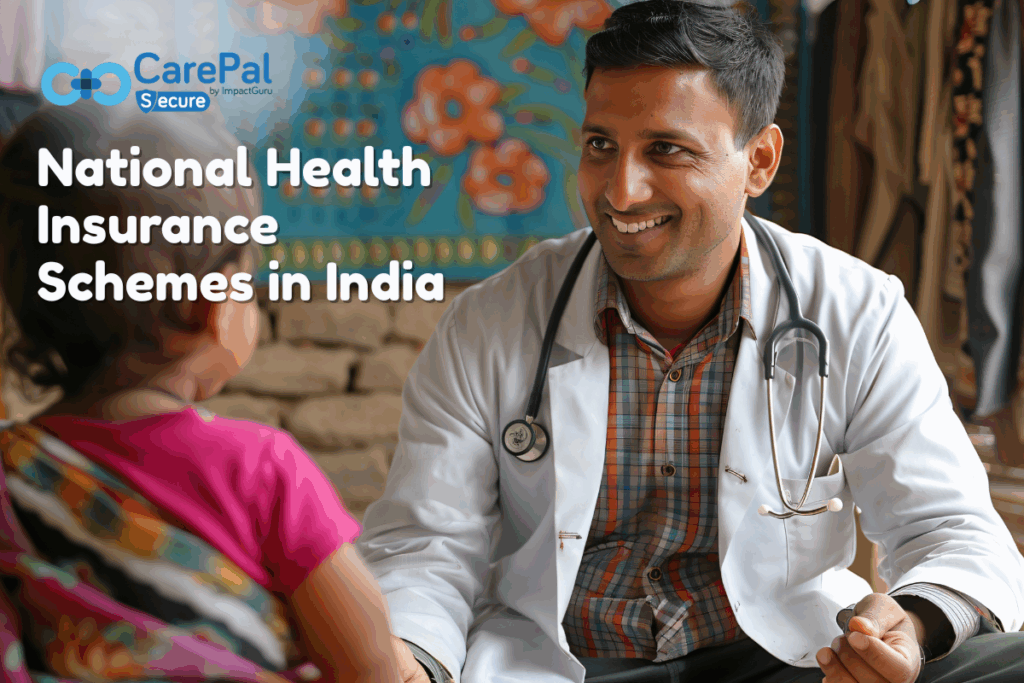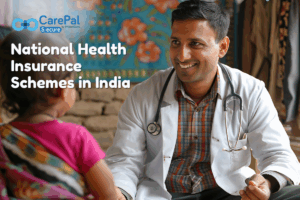Top ten steps recommended by
doctors to prevent Cardio Vascular
Diseases in 2024

-
Cardio Vascular Diseases (CVDs) or the diseases related to heart are the leading cause of death in the world. And India is where CVDs are flourishing. Of the total deaths due to heart related ailments in the world, 40% deaths occur in India. There are many factors which make us susceptible. Indian genetic makeup is different. We have narrower arteries and are pre-disposed to diabetes. Second, India also suffers from very high pollution levels. To further compound the problem, Indians undergo preventive health screenings far less frequently than the world average. Net result of this is that Indians are getting heart ailments a full one decade earlier as compared to their western counterparts.

Cardio Vascular Diseases 1. Stop Smoking: Tobacco use is one of the highest risk factors for cardio vascular diseases. Smoking speeds up clogging and narrowing of arteries.
2. Limit Alcohol: Drinking alcohol has a very strong correlation to High Blood Pressure. Thus, it’s advisable to give up or at least limit your consumption of alcohol. ‘Wine is good for your heart’ is a myth that has been debunked by latest scientific studies.
3. Eat Right: Food rich in fiber, proteins and healthy fats like unpolished grains, millets, fish, eggs and pulses are good for your heart. Processed foods and trans-fats are bad.
4. Good Dental Hygiene: Bacteria in your mouth can enter your blood stream and damage your heart valves. Hence good dental hygiene is helpful not only for your teeth but also for your heart.
5. Lower your LDL (Low Density Lipid) cholesterol and triglyceride levels: LDL is bad for your heart because it increases the plaque build up in your blood. The following benchmarks should be good in your lipid panel results:
Total cholesterol below 200 milligrams per decilitre (mg/dL).
LDL cholesterol below 70 mg/dL if you have cardio vascular disease.
LDL cholesterol below 100 mg/dL if you have a high risk for cardio vascular disease.
LDL cholesterol below 130 mg/dL for everyone else.
Triglycerides below 150 mg/dL.6. Raise your HDL (High Density Lipid) cholesterol: This helps absorb LDL and flush it out of your body. Two ways to raise your HDL is eat right and exercise. The HDL levels you should aim for are
At least 45 mg/dL for people assigned male at birth (AMAB).
At least 55 mg/dL for people assigned female at birth (AFAB).
Above 60 for all adults to gain ideal protection from heart disease.7. Control your blood pressure High blood pressure makes your heart and kidneys both work harder. This eventually leads to long term damage.
8. Manage Diabetes Keeping Diabetes in check is very important. Diabetes is very strongly related to high blood pressure and thus a big contributing factor to heart diseases. It is best to avoid diabetes by being conscious of your weight, nutrition and physical activity. And if you do have diabetes, carefully monitor your Hb1AC and blood sugar levels.
9. Watch your weight. And waist: Being light in your body results in a light heart. The ideal BMI is between 18 -25. However, an even better measurement than BMI is a simple waist to height ratio (waist circumference divided by height). This should ideally be below 0.5. Anything above 0.6 is risky.
10. Move your body Aim for an active lifestyle. 30 minutes of dedicated physical activity 5-6 days a week is the bare minimum. If you can add weight training and HITT training that will be even more beneficial. Physical activity not only keeps your weight and cholesterol in check, it also helps in diabetes and lowers stress levels in your body.
-












